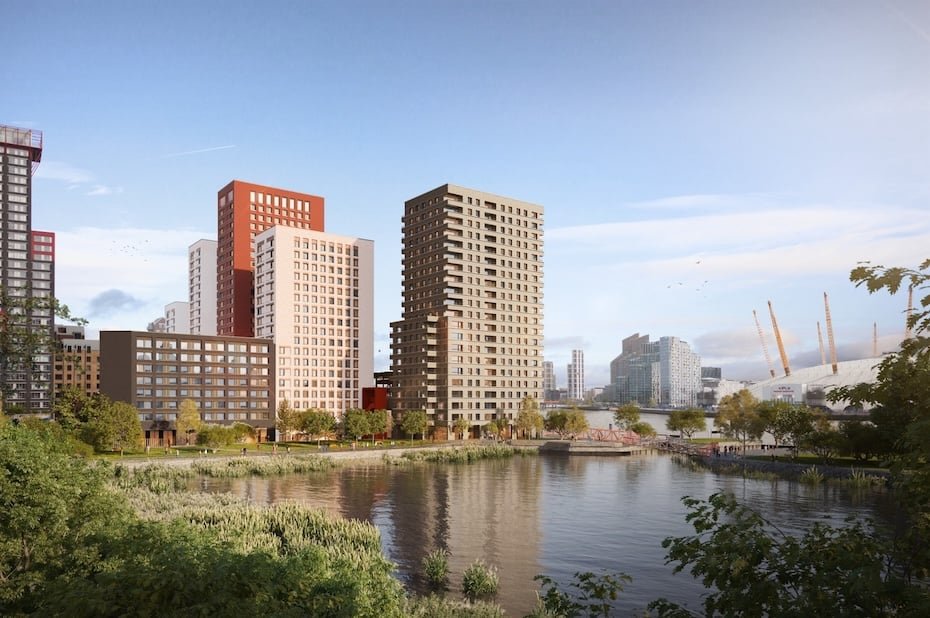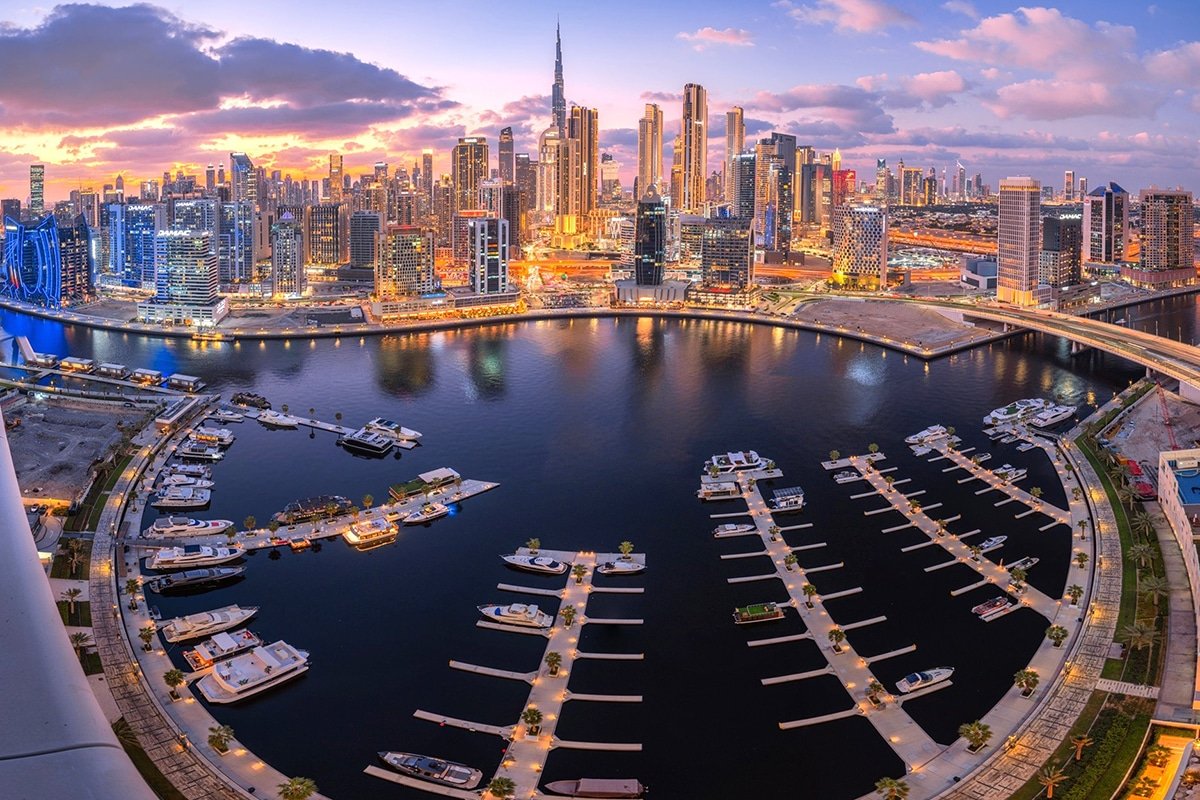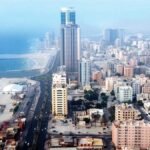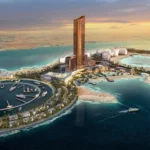Now Reading: UAE Real Estate Sector 2025 Thrives with Projects & Investments
-
01
UAE Real Estate Sector 2025 Thrives with Projects & Investments
UAE Real Estate Sector 2025 Thrives with Projects & Investments
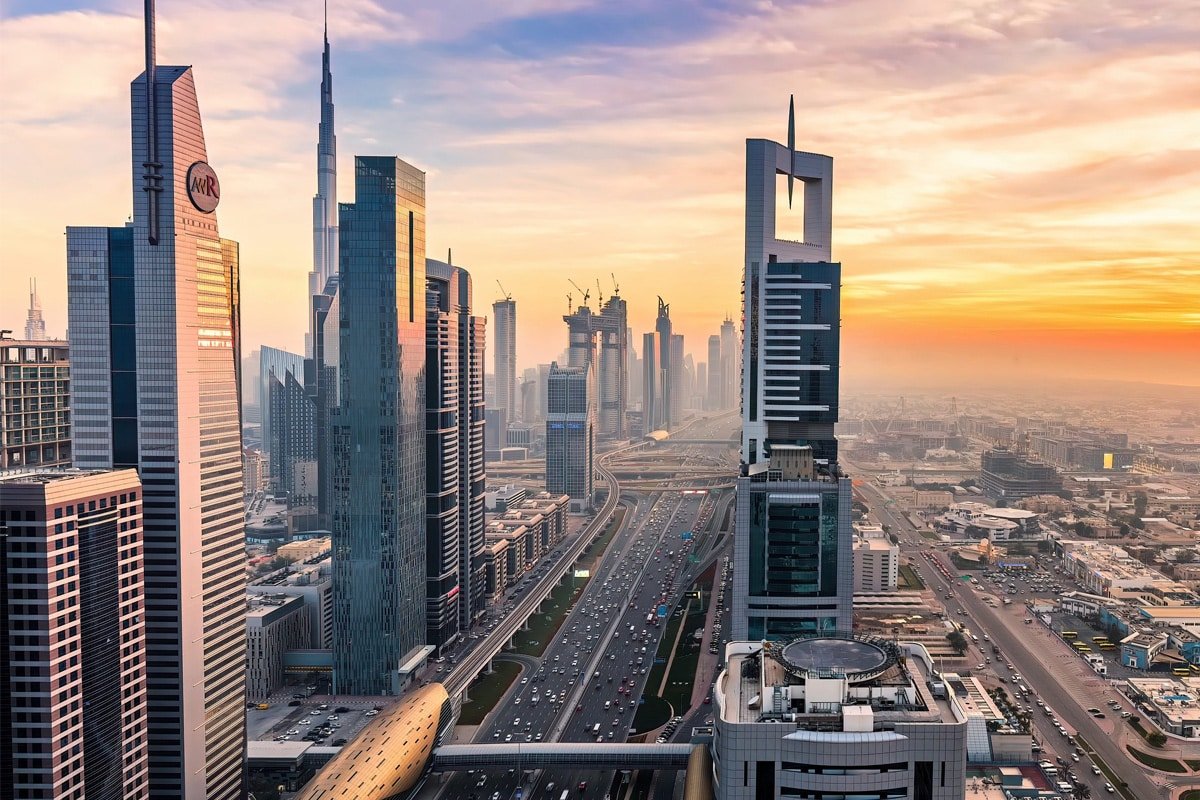
The UAE real estate sector 2025 continues to demonstrate strong growth, driven by major projects, rising domestic and foreign investments, and robust demand across residential, commercial, and luxury markets. Analysts and industry experts agree that the sector is maintaining its momentum, signaling both resilience and opportunity for investors and homebuyers alike.
This year, the UAE has seen a significant rise in property transactions, large-scale developments, and government-backed initiatives that reinforce confidence in the market. From Dubai to Abu Dhabi, Sharjah, and the Northern Emirates, the real estate sector is evolving rapidly, creating a balanced ecosystem of sustainable growth, urban development, and investor-friendly policies.
Current Market Trends in the UAE Real Estate Sector 2025
The UAE real estate sector 2025 is benefiting from several key trends:
- High Demand for Residential Properties: With an increasing population and growing expatriate community, demand for apartments, villas, and luxury homes remains strong. Residential projects in Dubai, Abu Dhabi, and Sharjah are witnessing higher occupancy rates and growing interest from both buyers and renters.
- Government Initiatives Boosting Growth: UAE authorities continue to introduce policies that promote real estate investments. Initiatives like long-term visas for property investors, flexible mortgage schemes, and simplified property registration processes are contributing to a positive business environment.
- Rising Foreign Investment: International investors are increasingly attracted to the UAE market due to its political stability, tax-free environment, and strategic location. Dubai, in particular, continues to be a hub for global buyers seeking premium residential and commercial properties.
- Luxury and Branded Residences: The luxury segment is witnessing an unprecedented surge, with developers focusing on branded residences, waterfront properties, and high-end integrated communities.
- Technological Integration: Smart city concepts, proptech innovations, and sustainable building practices are becoming integral to new projects, enhancing the appeal and functionality of modern developments.
Major Projects Driving the UAE Real Estate Sector in 2025
Several large-scale projects are playing a critical role in maintaining the UAE real estate sector 2025 momentum:
- Dubai Creek Harbour: This iconic waterfront development combines residential, commercial, and leisure facilities. With advanced infrastructure and a vision to be a sustainable urban center, it remains a flagship project in Dubai.
- Mohammed Bin Rashid City (MBR City): MBR City continues to attract global investors with luxury villas, cultural hubs, and world-class amenities. It’s one of the most ambitious mixed-use developments in the UAE.
- Al Maryah Island, Abu Dhabi: This financial and lifestyle district is expanding with new residential towers, commercial spaces, and entertainment venues, contributing to Abu Dhabi’s economic diversification and real estate growth.
- Sharjah Waterfront Projects: Sharjah has been developing mixed-use waterfront communities that cater to middle-income families and young professionals, driving demand in the emirate.
- Northern Emirates Developments: Ajman, Ras Al Khaimah, and Fujairah are witnessing a rise in residential and industrial projects, supported by affordable housing initiatives and investment incentives.
These projects not only cater to residential and commercial needs but also enhance the overall infrastructure and lifestyle offerings in the UAE, solidifying its reputation as a top real estate destination.
Investment Patterns and Opportunities
The UAE real estate sector 2025 is marked by a diversified investment landscape:
- Domestic Investors: Local investors are increasingly participating in off-plan projects, ready-to-move-in properties, and co-living communities. High-net-worth individuals are actively investing in luxury properties to expand their portfolios.
- Institutional Investments: Institutional investors, including private equity and sovereign wealth funds, have boosted their presence in UAE real estate. Sectors like industrial warehouses, logistics hubs, and commercial office spaces are gaining prominence.
- Foreign Investment Trends: Investors from Europe, Asia, and the Middle East continue to explore opportunities in the UAE due to high rental yields, capital appreciation, and stable legal frameworks.
- Emerging Segments: Affordable housing, mid-market residential developments, and mixed-use properties are attracting interest, particularly from younger demographics and first-time buyers.
Residential Market Dynamics
The residential segment remains the backbone of the UAE real estate sector in 2025:
- High Demand in Key Emirates: Dubai, Abu Dhabi, and Sharjah are seeing sustained growth in apartment and villa sales, particularly in well-planned communities. Popular locations include Dubai Marina, Downtown Dubai, Jumeirah Village Circle, and Al Reem Island.
- Rental Market Growth: Rising expatriate populations have kept rental demand high. Landlords are adjusting rents moderately, balancing affordability with investment returns.
- Sustainability and Smart Living: Developers are increasingly incorporating green building practices, energy-efficient systems, and smart home technologies to meet global standards and buyer expectations.
Commercial and Industrial Real Estate

Commercial real estate also contributes significantly to the UAE real estate sector 2025 growth:
- Office Spaces: Demand for flexible, technologically equipped offices is rising, particularly in Dubai’s free zones and Abu Dhabi’s business districts.
- Industrial & Warehousing: The e-commerce boom has fueled investment in logistics, warehouses, and industrial zones. Investors are capitalizing on the UAE’s strategic location and state-of-the-art infrastructure.
- Retail & Hospitality Spaces: Malls, hotels, and entertainment destinations are being integrated into mixed-use developments to attract residents and tourists, creating additional revenue streams for investors.
Government Support and Regulatory Framework
The UAE government’s proactive policies play a crucial role in sustaining the real estate sector’s momentum:
- Visa Incentives: Long-term residency visas for property investors have attracted global buyers.
- Mortgage & Financing Policies: Banks have introduced competitive mortgage rates, flexible payment plans, and tailored financing solutions for investors and end-users.
- Infrastructure Development: Investments in roads, public transport, utilities, and smart city solutions support urban expansion and real estate development.
- Regulatory Stability: Transparent laws, clear property ownership rights, and effective dispute resolution mechanisms provide confidence to both domestic and international investors.
Challenges Facing the Sector
Despite strong momentum, the UAE real estate sector 2025 also faces certain challenges:
- Price Volatility: Property prices fluctuate based on global economic conditions and market demand.
- Supply-Demand Imbalance: In some emirates, rapid development can temporarily outpace demand, creating potential oversupply in specific segments.
- Rising Construction Costs: Inflation and material costs can affect project profitability and timelines.
- Competition Among Developers: With multiple developers entering the market, maintaining differentiation and quality becomes critical.
Looking Ahead: Future Prospects
The outlook for the UAE real estate sector 2025 remains optimistic:
- Sustained Growth: Analysts predict continued expansion across residential, commercial, and industrial segments.
- Technological Advancements: Proptech, smart city solutions, and sustainable development practices will enhance efficiency and property value.
- Global Investment Appeal: The UAE continues to attract international investors seeking high returns, security, and lifestyle opportunities.
- Emerging Areas: Northern Emirates and affordable housing sectors will provide new opportunities for developers and investors alike.
The UAE is solidifying its position as a regional and global hub for real estate development, offering a well-balanced mix of luxury, mid-market, and industrial projects that cater to diverse investors and residents.
Conclusion
The UAE real estate sector 2025 is thriving, driven by major developments, robust investor confidence, and strategic government initiatives. Residential, commercial, and luxury markets are all contributing to a positive growth trajectory, while innovation and sustainability continue to shape the industry.
For investors, developers, and homeowners, the UAE presents a dynamic and resilient real estate landscape with long-term opportunities. As the sector maintains its strong momentum, the coming years are expected to bring further growth, innovation, and global recognition for the UAE as a real estate powerhouse.
Follow us on: Instagram
Read More : Abu Dhabi luxury apartment investments surge in prime hotspots



